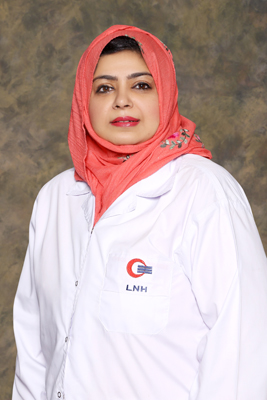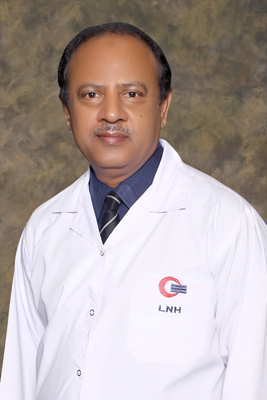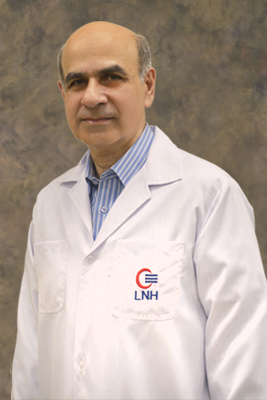LASIK (Laser-Assisted In-Situ Keratomileusis) is an advanced technique of refractive surgery. It re-profiles the cornea and corrects its curvature, changing the shape of the eye by adopting the corrective procedure for those who suffer from short sightedness, long sightedness or astigmatism.
Photorefractive Keratectomy (PRK)
PRK stands for Photorefractive Keractomy. It can treat myopia (Near sightedness) from -1.00 to -3.00 dioptres, hypermetropia (long-sightedness) from +1.00 to +3.00 dioptres, astigmatism of up to 3.00 dioptres.
LASIK (Laser-Assisted In-Situ Keratomileusis)
LASIK is an advanced technique of refractive surgery. It can treat myopia up to 14.00 dioptres, Hypermetropia up to 6.00 dioptres and Astigmatism up to 5.00 dioptres.
Prior to applying same laser, a very thin corneal flap is created. The flap remains attached to the eye at its edge, so that it can be folded back into the original position after the laser has been applied. A precision manufactured automatic microsurgical tool called a micro keratome is used to create the LASIK flap.
Contoura LASIK
It is for removing higher order abrasions and glare. It is the most advanced form of LASIK which gives better vision.
Wavefront / Customized LASIK
Custom LASIK surgery known as wavefront LASIK or wavefront guided LASIK uses 3-dimensional measurements to guide the laser in reshaping the front part of the eye (Cornea).
With wavefront measurements system some extremely precise individualized vision correction outcomes may be achieved that would be impossible with traditional LASIK surgery, contact lenses or eye glasses.
How to be an ideal patient for LASIK?
- Complete eye exam to determine refractive error, uncorrected visual acuity and BCVA (Best Corrected Visual Activity).
- A slit lamp exam to check for any damage to the cornea and evidence of severely dry eye, glaucoma or cataract.
- A fundus exam for retinal holes and macular degeneration and macular disease.
- Corneal topography to determine the corneal health and the quality of vision.
- Keratometry to determine the curvature of the central part of the cornea.
- Pachymetry to determine the thickness of the central part of the cornea.
- Pupillometry to measure the pupil’s size in a dark room without drops to avoid glare and halos after LASIK.
Services
The Ophthalmology (Eye) department is equipped with the most advanced LASIK refractive surgery suite with Wavelight EX500 Excimer laser. It is the latest excimer laser technology with world’s fastest ablation time, i.e. 1.4 seconds per dioptre. It is safest and most medically advanced treatment having built-in NeuroTracking system. No optical aberration when sphere and cylinders are corrected. The machine has a large approved treatment range (16.00 dioptres Myopia, 6.00 hyeropia and 6:00 D Astigmatism)
Who is not suitable for LASIK?
- Pregnant women or breast feeding women
- Persistent severely dry eye
- People with autoimmune disease
- Uncontrolled diabetes
- Thin cornea or conical cornea
- Evidence of glaucoma or cataracts
- Retinal holes and macular degeneration
Frequently Asked Questions
No, there is no pain during the procedure. However, some people do feel mild to moderate discomfort which lasts two to three days.
It only takes about 10 to 20 minutes and the patient can go home right away.
90% people are cured completely. The rest experience a tremendous improvement in their vision.
Yes, the treatment is permanent.
Usually within 24 hours.
Absolutely no risk involved, provided all pre-requisites for LASIK treatment have been fulfilled.
Yes, both eyes can be treated at the same time. This helps to minimize the period of work and to secure balanced and corrected vision in eyes in the shortest possible time.
Faculty



Contact
Please call us on 021-34412500 & 0300-0208670.

